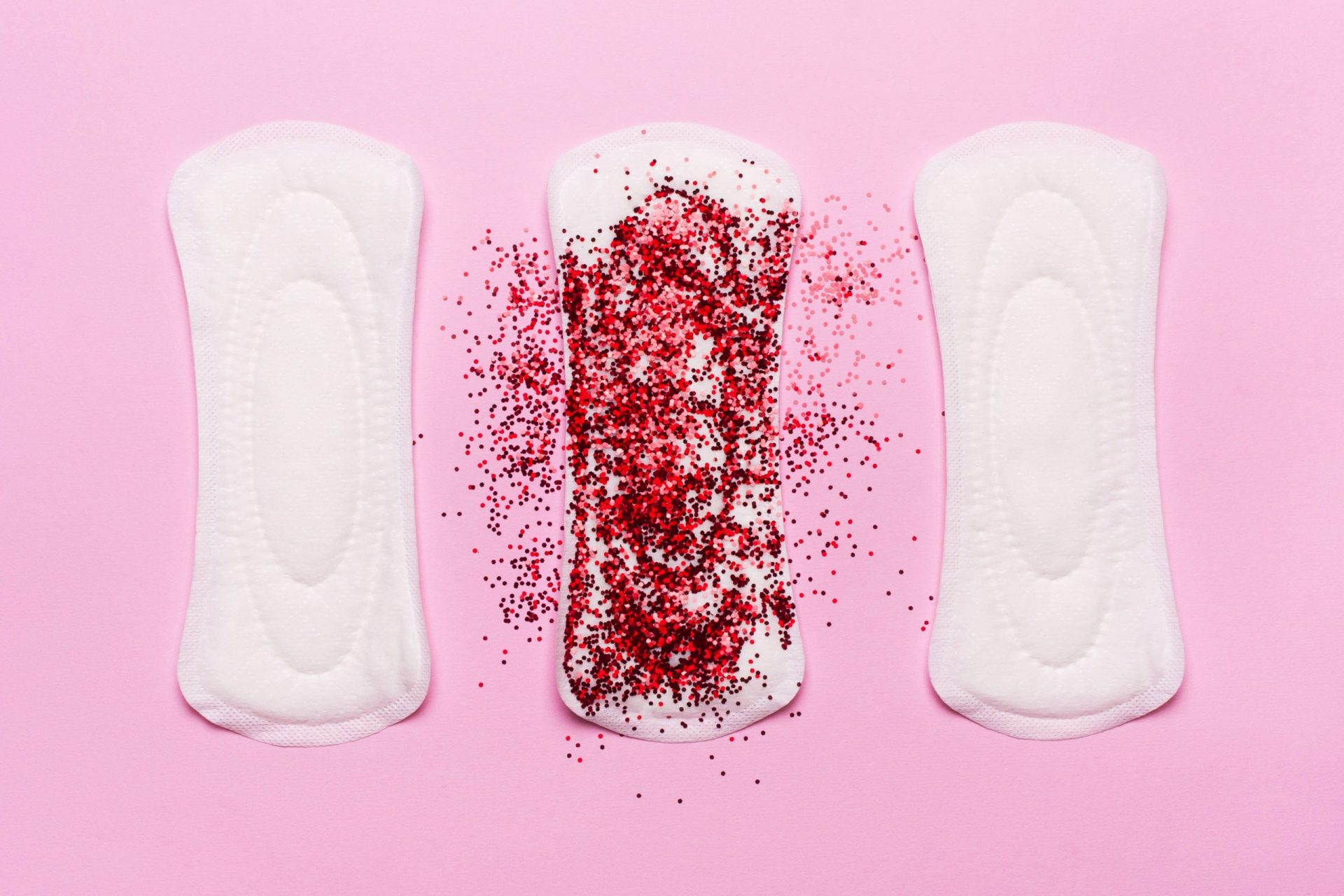There’s a pretty big range of normal when it comes to your period’s length. A typical one can last between two to seven days. If your period lasts 10 days or more, or suddenly changes significantly in length for three or more cycles in a row, that warrants a call to your ob-gyn.
As a lady as I am, I understand how embarrassing it feels when your period won’t just stop and is apparently lasting forever, so, examine these eleven reasons for the cause of this menace:
1. You’re using an intrauterine device (IUD)
Intrauterine devices (IUDs) are a type of birth control placed directly into you. Longer, heavier periods are a known side effect of the copper IUD.
The progestin IUD is often marketed to women as a way to reduce or even eliminate their periods. If the prolonged periods don’t settle down after three cycles, it’s time to go back to your doctor.
2. You’re ovulating at the moment
Menstruation is your body’s way of getting rid of extra blood and tissue. Sometimes the hormonal signals get crossed and you can bleed when you release an egg.
Intermenstrual bleeding occurs when the slight dip in estrogen around ovulation causes some spotting. It’s not normally something to worry about, but if it changes suddenly or if you have serious pain, it’s time to see your doctor.
3. You’re expecting a child
A common cause for abnormal menses, including longer bleeding, is pregnancy, says. Typical symptoms of pregnancy, like nausea may be absent. Any time a woman has unusual bleeding, it’s always best to eliminate possibility of pregnancy with a blood test.
4. You’re on birth control pills
The length of your period is just one factor your doctor will use to help you determine which type of birth control works best for you. There are lots of options with varying levels and types of hormones. If your body doesn’t respond well to one type or dosage, there’s a good chance you can find a different one that will work.
5. You had a miscarriage at an early stage of your pregnancy
Up to half of all pregnancies end in miscarriage, often before the woman even realizes she was pregnant. The only sign? An extra heavy or long period. About one in 100 women suffer from repeat miscarriages. It’s important to rule out condition that affects fertility like endometriosis.
6. You have PCOS, which is a condition that affects women
Polycystic ovary syndrome (PCOS) affects about 10 percent of women of childbearing age. It’s named for the cysts that grow on the ovaries, preventing eggs from maturing. PCOS also wreaks havoc on hormone levels, causing weight gain and excess hair growth.
7. You’re dealing with a thyroid condition
One in eight women will suffer from low thyroid function, or hypothyroidism, at some point in their lives. Having too little thyroid hormone can cause your period to be super long and heavy. Other symptoms include weight gain, fatigue, and hair loss.
8. You have a blood disorder that you don’t know about
It’s possible that extra long periods are a sign of an underlying illness, like a hematologic (blood) disease. Some of these, like hemophilia or Von Willebrand disease, are genetic, so if you have this you likely already know about it.
9. You have polyps or fibroids in your uterus
Polyps and fibroids sound scary, but they’re pretty common. Up to 80 percent of women will have at least one before they’re 50. Most likely your doc will just recommend keeping an eye on them, but if they cause pain or grow very large they can be surgically removed.
10. Cervical cancer is undiagnosed in you
Abnormal feminine bleeding such as bleeding after having an activity or spotting between periods can be a sign of cervical cancer. Cervical abnormalities can be detected through Pap and HPV tests. Always tell your doctor about your family history of female cancers, and talk to your gynecologist if you’re concerned.
11. You’re on the verge of menopause
Getting older can mess with your period. Menopause hits women around age 50. Your body starts the natural decline in hormones that leads up to menopause as early as 35. Talk to your doctor if this runs in your family or if you’re showing other signs, like a low activity drive or insomnia.








